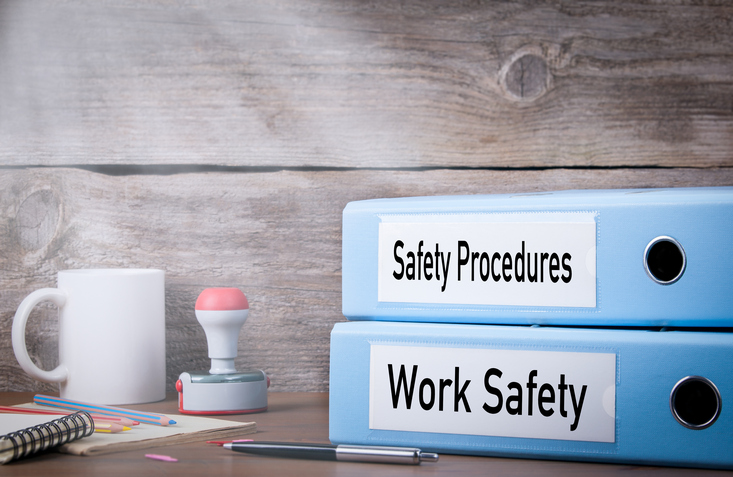
Medicinal cannabis is a therapy that has generated increased national attention over the past two years.
Medicinal cannabis is a prescribed medication that is derived from the cannabis plant and is used most often for the treatment of chronic pain (for lower back, neck or neuropathic), anxiety, epilepsy and insomnia. Medicinal cannabis differs from recreational cannabis (marijuana) as medicinal cannabis is developed to meet defined criteria and control parameters.
The use and acceptance of medicinal cannabis continues to evolve, as shown by the growing number of states now permitting its use for specific medical conditions. Most medicinal cannabis formulations are legal to use in Australia but they are still classified as 'unapproved therapeutic goods', which means they have not been assessed by the Therapeutic Goods Administration (TGA) for safety, quality or effectiveness and are not included on the Australian Register of Therapeutic Goods (ARTG).
There are two primary compounds within medicinal cannabis – tetrahydrocannabinol (THC) and cannabidiol (CBD), with the THC compound having the potential to impair neurocognitive function.
There are multiple factors that impact the level of impairment including the frequency, dosage, and the time of the day taken. These factors can result in the worker being in a higher risk when undertaking driving and safety-sensitive activities such as high risk work.
Using medicinal cannabis that has been prescribed by a medical professional is not illegal in WA, however it is an offence under the Road Traffic Act (WA) to be driving a vehicle with THC in your system.
If an employee (or any person authorised to operate a vehicle/plant) caused an accident and if they were impaired by the medicinal cannabis then the Motor Protection Policy exclusion would be triggered and would not cover the employee's (and local government's) liability – in other words, they should not be driving if they are using medicinal cannabis and have THC in their system.
In addition to the Road Traffic Act, local governments and workers have a legal obligation under the Work Health and Safety Act 2020 in regards to maintaining a safe workplace.
Step-by-step on how to manage workers on prescribed medication
1. Risk assessment
Local governments should undertake a formal risk assessment based on the individual circumstances of the worker.
The risk assessment should consider:
- Identification of work activities that may increase safety risks like operating local government vehicles or mobile plant, carrying out high risk work activities or working alone.
- Consideration of the frequency and duration of work that may increase safety risks and if reasonable adjustments to these duties can be made, or identification of alternate duties. This should be done in consultation with the worker
- Members must also consider not subjecting the worker to discrimination.
2. Consult an expert
Once the initial risk assessment is carried out, members should then consult an occupational physician to determine:
- Inherent requirements of the worker's role and any driving/mobile plant or high risk work activities vs predominately desk based work.
- The type, dosage and frequency of use requirements of the medication.
- Safety risks from medical disability/impairment and/or medications.
- Reasonable adjustments available considering the role and medication.
3. Keep records of all elements of the process
To ensure that the local government is managing individual cases effectively and consistently, it should have documented processes in place. These include:
- Fitness for work procedures that define how to manage declared medications.
- Processes for consultation between the worker, supervisor and other parties.
- Ensure confidentiality regarding the worker's medical condition and medication use.
- Ensure that additional processes are in place to manage other legislative obligations (Including Industrial Relations Act (WA) 1979, Workers Compensation and Injury Management Act (WA) 1981, Fair Work Act 2009 (Cth) Section 772, Equal Opportunity Act (WA) 1984 and Disability Discrimination Act 1992(Cth).
To know more about the obligations and implications regarding medical cannabis, please get in touch with the LGIS People Risk team.